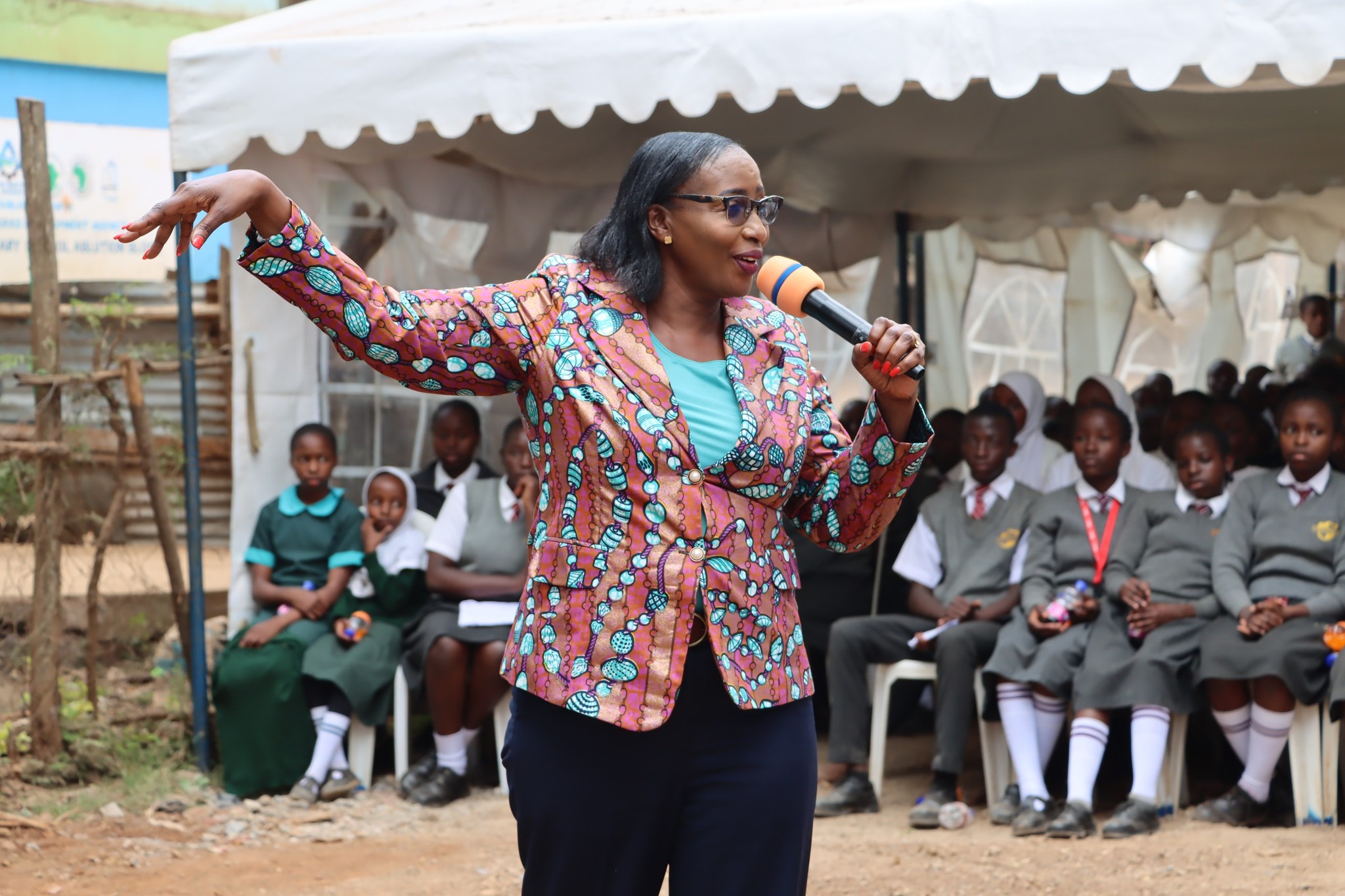The Kenya Union of Post Primary Education Teachers Kericho branch has cautioned the government against plans to abolish hardship allowances for teachers.
Branch Executive Secretary Mary Rotich said many teachers work under extremely difficult conditions, and the removal of the allowances would be unjust.
Addressing the press in Kericho town, Rotich warned of possible industrial action if the proposal is implemented.
“Teachers in remote and marginalized areas endure daily hardships such as poor road networks, long distances to schools, lack of clean water, and harsh weather conditions. Scrapping these allowances would be an outright injustice,” she said.
ALSO READ:
Ksh1 billion only enough for 5,690 promotions, TSC Tells MPs
She instead called on the government to increase the hardship allowances, emphasizing that teachers’ welfare must be prioritized to ensure quality education delivery.
Rotich also appealed for the gazettement of Tendeno, Kamasian, Kipsitet, and Soin/Sigowett as hardship zones, saying educators in the areas face unique challenges that merit special consideration.
In addition, the union demanded the immediate confirmation of recently recruited Junior Secondary School (JSS) science teachers, noting that public schools are grappling with a severe shortage of science educators, despite the subject being compulsory under the current curriculum.
“KUPPET will not stand by as teachers suffer. If these concerns are not addressed, we are ready to down our tools,” Rotich warned.
ALSO READ:
Shinyalu MP embarks on one-graduate-one-household program to improve literacy level
However, the 20,000 interns hired early this year will have to wait longer before being absorbed on a permanent basis, after the Teachers Service Commission told National Assembly’s Education Committee that there is no allocation to absorb the interns.
By KIMUTAI LANGAT
You can also follow our social media pages on Twitter: Education News KE and Facebook: Education News Newspaper for timely updates.
>>> Click here to stay up-to-date with trending regional stories
>>> Click here to read more informed opinions on the country’s education landscape






